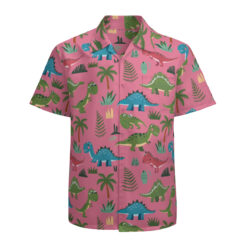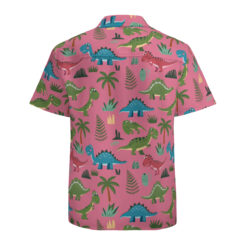Tiki culture, when approached with awareness, respect, and a genuine desire to honor its roots, can be a wonderful way to unite people across cultures. It offers a space for joy and shared human connection, built on the foundation of understanding and respect for the diverse cultures of the Pacific Islands. Let’s toast to that with a responsibly crafted Tiki cocktail!
Embracing the Roots
Tiki culture in the United States is a fascinating blend of fantasy and homage to Polynesian myth and aesthetics, introduced to the American mainstream in the mid-20th century by entrepreneurs like Ernest Gantt and Victor Bergeron. As it stands, Tiki culture in the U.S. has morphed into a cultural phenomenon encompassing immersive environments, vibrant drinks, and exotic decor. However, this often fantastical representation runs the risk of cultural appropriation and misrepresentation of the rich, diverse cultures of the Pacific Islands.
To honor the true spirit of Polynesian cultures while enjoying Tiki culture, one should start with education and respect. Understanding the significance of symbols like the Moai of Rapa Nui or the meanings behind traditional Maori hei-tiki ornaments is crucial. By learning about these cultures, enthusiasts can appreciate the depth and richness beyond the aesthetic value these icons bring to Tiki bars and parties.
Why Celebrate Tiki?
Tiki bars and events are designed to be escapes from the ordinary, providing a space for creativity, relaxation, and communal joy. This escapist charm, when balanced with respect for its inspirations, can serve as a positive force. It brings people together from various backgrounds in a shared space of appreciation and celebration, making it a unique way to promote cultural exchange and understanding.
The Importance of Learning History
Part of the responsibility in embracing Tiki culture is recognizing not only the history of the culture itself but the history of the peoples it represents. The history of Pacific Islanders is marked by incredible navigational achievements, rich oral traditions, and unfortunately, also by colonial oppression. By acknowledging these histories, both the good and the bad, Tiki culture enthusiasts can engage with the culture in a way that respects and honors the true stories and lives of the people from these regions.
Ethical Engagement
As Tiki culture enjoys a resurgence, it’s important to approach our celebrations and creations ethically. Using authentic elements responsibly, such as Tiki mugs and art, means sourcing these items from artists who fairly represent and compensate the cultures they’re drawing from. Furthermore, sharing the profits from Tiki-themed events with Pacific Islander communities or contributing to organizations that support indigenous rights can help address the imbalance often found in cultural representation.
Recent Products
Discover more from Catiki Originals
Subscribe to get the latest posts sent to your email.


















